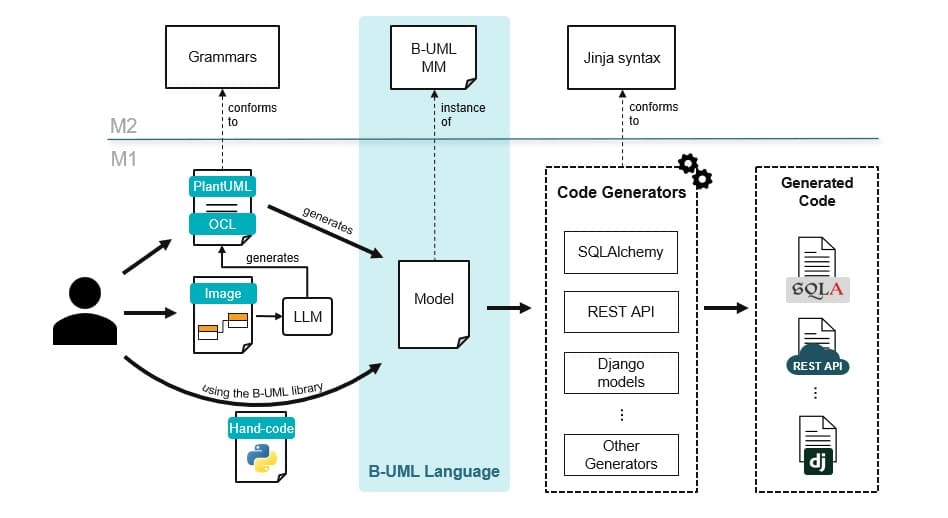
BESSER version 1 released – Start “playing” with our open source low-code tool!
A new free low-code tool to speed up your software development process has arrived. Check all the features we offer and help us shape its future
Generative Language Models: Are modelers ready for ChatGPT and what is to come?
ChatGPT is not yet a reliable tool to perform modeling tasks but any LLM can be of invaluable help in many areas of MBSE, complementing the current work of software modelers.
A smart low-code platform for smart software in Luxembourg (Goodbye Barcelona!)
A new project to build a Luxembourg-based open source low-code platform to facilitate the creation of smart software
The Entity Relationship language (ER) is stronger than ever
There was a time when I thought the ER language would slowly disappear. I was utterly wrong. I’m seeing a resurgence of the language and its tooling ecosystem.
Modeling self-adaptative IoT architectures
A model-based approach to design and manage multi-layered IoT systems, including the definition and execution of rules to express how the Internet of Things system should adapt in reaction to changes in its environment
DPMN: A Discrete Process Modeling Language
The Discrete Event Process Modeling Notation (DPMN) combines the formally precise language of Event Graphs with the intuitive flowchart notation of BPMN
Collaborative Software Modeling in Virtual Reality
Check out this new virtual reality modeling platform. Could this be the future of collaborative modeling for languages like UML at least when having end users as part of the team?
The Big Five in Tech bet on modeling and low-code development (2023 edition)
Did you know that Facebook, Amazon, Apple, Microsoft and Google create software modeling / code-generation tools? Get to know them.
A domain-specific language for Waste Water Treatment Plants
A new Domain Specific Language for define waste water treatment plants and monitor, control, and automate their different processes.
ConceptBase – a Database System for Metamodeling
Discover ConceptBase, a database system for storing interdependent models at any abstraction level with a logic-based language to express as well their intended semantics.
Low Code for Smart Software Development
What does the ideal low-code platform for AI-based software look like? In this post we give our wish list for a low-code platform for smart software development

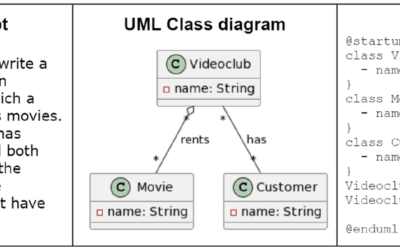

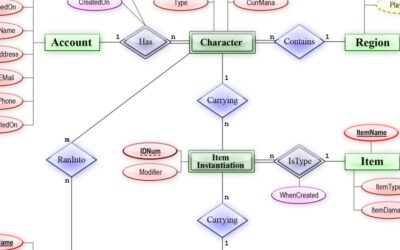

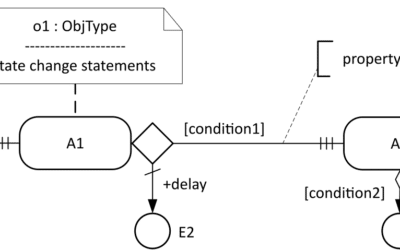
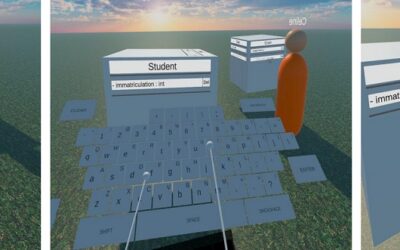


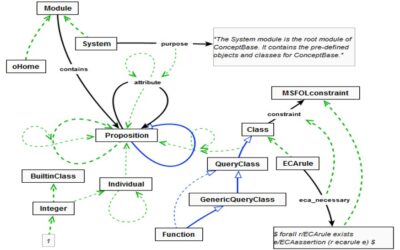
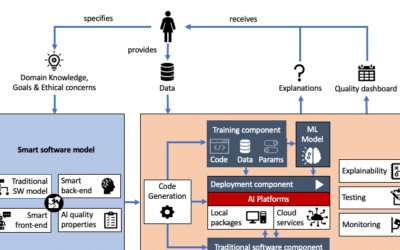


Recent Comments